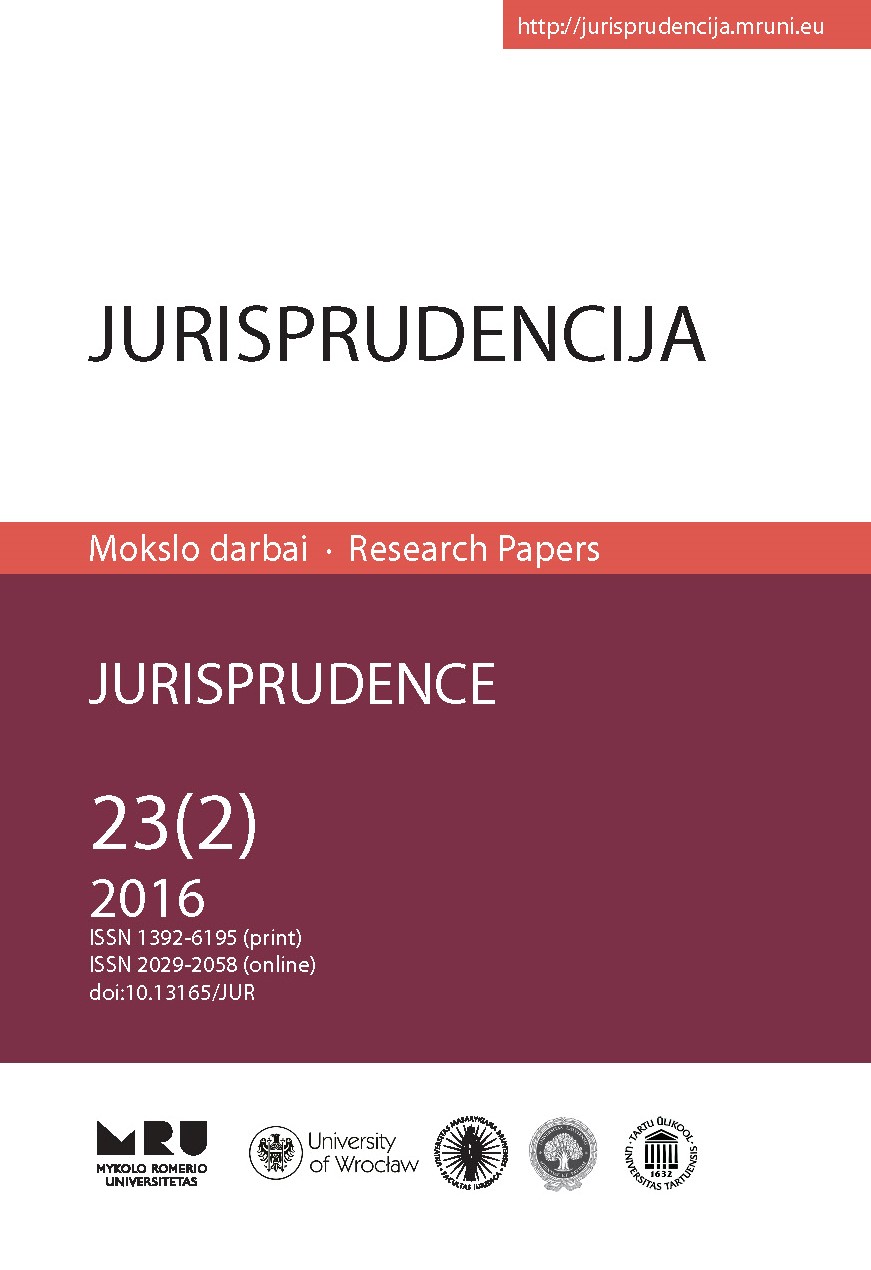BAUSMIŲ NEIŠVENGIAMUMAS – LIETUVOS ATVEJIS
INEVITABILITY OF PUNISHMENT – THE CASE OF LITHUANIA
Author(s): Alfredas KiškisSubject(s): Criminal Law, Criminology, Victimology
Published by: Mykolas Romeris University
Keywords: crime; criminal offences; punishment; unpunished; escaping a penalty; victimisation survey;
Summary/Abstract: When discussing issues related to the allocation of resources for the criminal justice system and crime prevention, it is important to consider the share of criminal offences (or their perpetrators in particular) sanctioned by actual penalties within the criminal justice system and the share of committed criminal offences whose perpetrators have escaped punishment. This article examines the data of criminal victimisation surveys (population polls), which formed the basis for calculating crime rate and reported crime rate, examines the recorded crime rate and the share of investigated criminal offences, the number of criminal offences decided at first instance courts and the share of offences actually sentenced. There are 12 types of criminal offences provided for in this article. It was found that, depending on the type of criminal offence, perpetrators actually punished by real penalties were those who committed 0.01–13% of criminal offences in Lithuania in 2011. Actually, the criminal justice system affects only a very small share of offenders to its fullest extent. This calls for a greater role of crime prevention in solving the problem of crime, as compared to punishment. This must be taken into consideration while allocating resources for the criminal justice system and crime prevention.
Journal: Jurisprudencija
- Issue Year: 23/2016
- Issue No: 2
- Page Range: 333-348
- Page Count: 16
- Language: English

